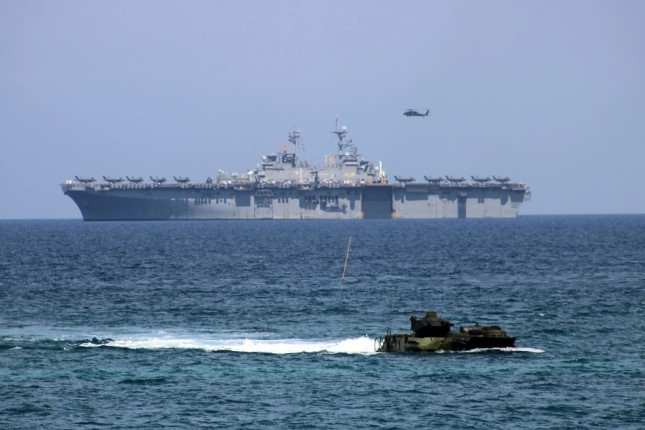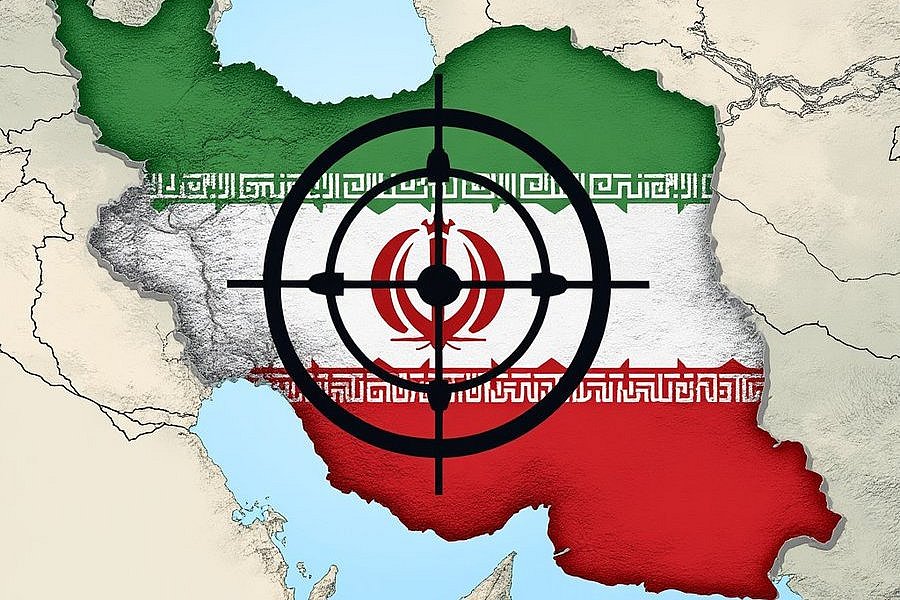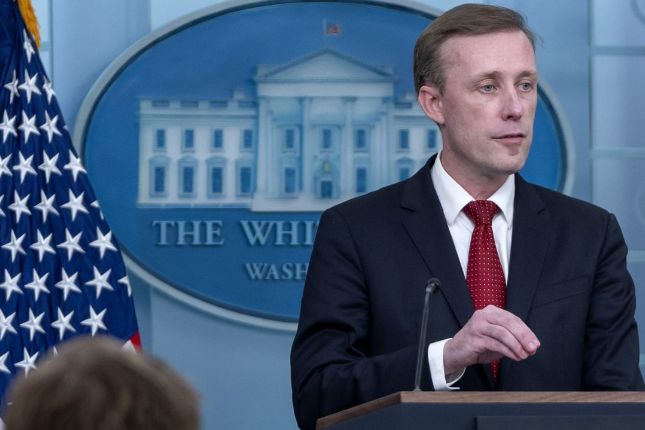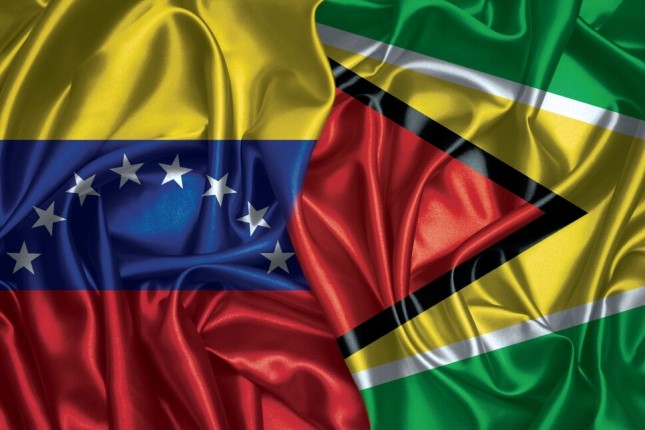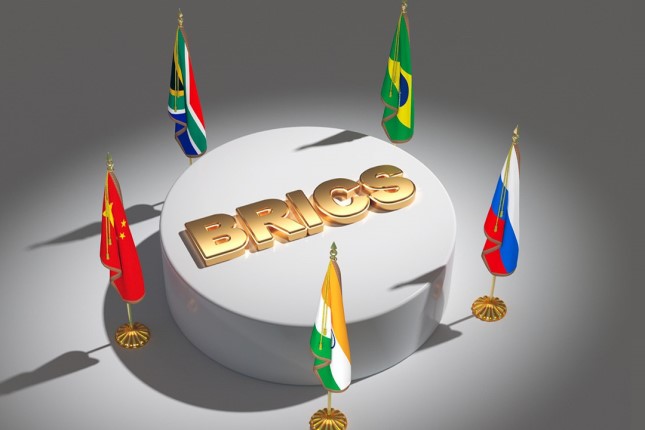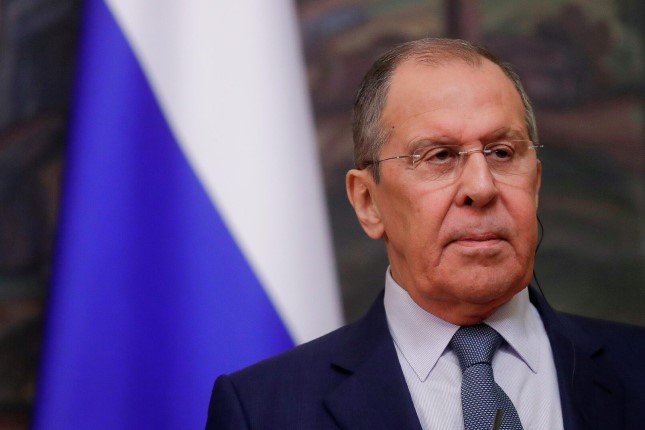The US and the Philippines on Monday kicked off two weeks of annual naval exercises amid heightened tensions with China in the South China Sea.
This year marks the seventh and largest-ever iteration of the “Sama Sama” drills, which comes as the US and the Philippines are strengthening their alliance. More than 1,800 personnel will take part in the drills, including participants from Australia, Canada, France, Japan, the United Kingdom, and Malaysia.
The exercises will be conducted off the Philippine coast, near Manila and the south of the main Philippine island of Luzon. According to the US Navy, the exercises will include drills on anti-submarine, surface and air warfare, and land phases.
Vice Adm. Karl Thomas, commander of the US Navy’s Japan-based Seventh Fleet, took aim at Beijing in a speech during the opening ceremony of the drills in Manila without directly mentioning China by name.
Thomas said the so-called “rules-based international order,” code for the US-dominated world order, has been “ripped at and tagged at and tested to benefit not all nations but one nation.” He added that “there’s no better way to ensure sovereignty and security than to sail and to operate together.”
There have been several incidents this year between Chinese and Philippine vessels over disputed rocks and reefs in the South China Sea. In the most recent stand-off, the Philippine Coast Guard said it cut a “barrier” that prevented Philippine vessels from entering Scarborough Shoal at the order of Philippine President Ferdinand Marcos Jr., who has been much more confrontational with China than his predecessor, Rodrigo Duterte.
The US strongly backs the Philippines in its dispute with China and has repeatedly stated it will intervene if Philippine vessels come under attack in the South China Sea. That means if the maritime dispute turns hot between the Philippines and China, it could spark a war between the US and China. The commitment was formalized earlier this year when the US and the Philippines issued new guidelines for their Mutual Defense Treaty.
Source: AntiWar.
